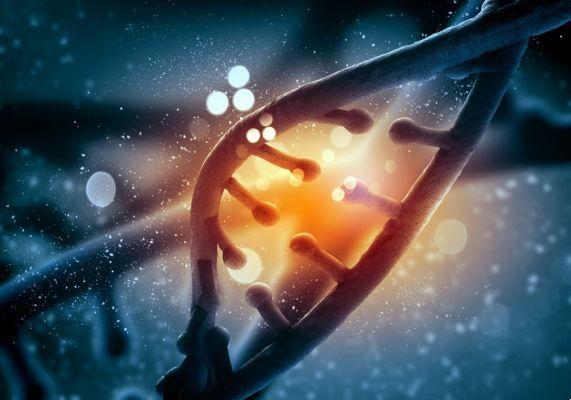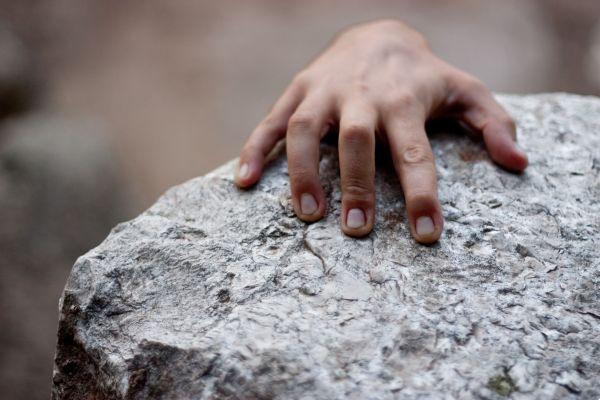There are two words that we have used frequently since school days, but it is very likely that the real meaning of each of them has been lost over time. So, if you had to explain what “science” is and what “culture” is, you might get a little confused, or imagine that there is no exact definition for these two terms.
To start delving into these two ideas, let's check which is the best known definition of each one. There are many ways to explain what “culture” is, but the main one, used by Anthropology, is that of the Englishman Edward Tylor, who says that culture is “all that complex that includes knowledge, beliefs, art, morals , law, custom and all other habits and capabilities acquired by man as a member of society”.
On the other hand, the definition of “science” is much simpler, although the concept it carries applies to multiple areas of knowledge. According to the Oxford Dictionary, it is “a careful and in-depth knowledge of something”. However, when analyzing the interpretation of science from Philosophy, the following reflection is obtained: "Knowledge that, in constant interrogation of its method, its origins and its ends, obeys valid and rigorous principles, aiming for internal coherence and systematicity" .
Looking at these two definitions, it is possible to identify some relationships between science and culture. The first is that science, understood as knowledge, is embedded in culture. The two are interdependent, they exist in all civilizations and they are always changing, but they do not refer to the same things.

While culture is a broad set that defines a society, science is one of the parts that integrates it, not being the only factor that translates a people. The first presents behaviors, thoughts and manifestations of a community, while the second includes all the knowledge that it is possible to organize and understand in depth. Thus, culture can be less structured than science, which must have standards in the presentation of its concepts, to be applied in any culture.
To make the relationship between culture and science more evident, consider the following example: in an imaginary society, people greet each other every morning, eat apples during the day, dance at dusk and sleep on the floor. All these habits and customs make up the culture of this society. And where is the science?
The science of these people is the reason why they carry out these activities. Suppose they were taught that greeting each other, eating apples, dancing, and sleeping on the floor are all activities that support brain development. They have in their hands a series of studies proving the importance of all this for the human body. If another society wanted to better understand the subject, it could access this material and clear up all its doubts.

From this simple example, what can be observed is that science works in favor of culture, and that one is essential to understand the other. Science is not just scientific knowledge obtained in laboratory tests, but the whole set of ideas that can be structured and proven. Culture encompasses this factor and many others, being what defines the identity of a people.
You may also like
- Learn more about Spanish popular culture
- Find out if one culture is better than another
- Study the relationship between science and faith
In this way, we need to stimulate the transformation of culture and the development of science, so that a society is able to transmit what it has already learned, developing an elaborate and in-depth system of everything it can teach other peoples. Culture is formed from science, just as science is formed from culture. Reflect on this and see what your culture is and what science you master the most!

























